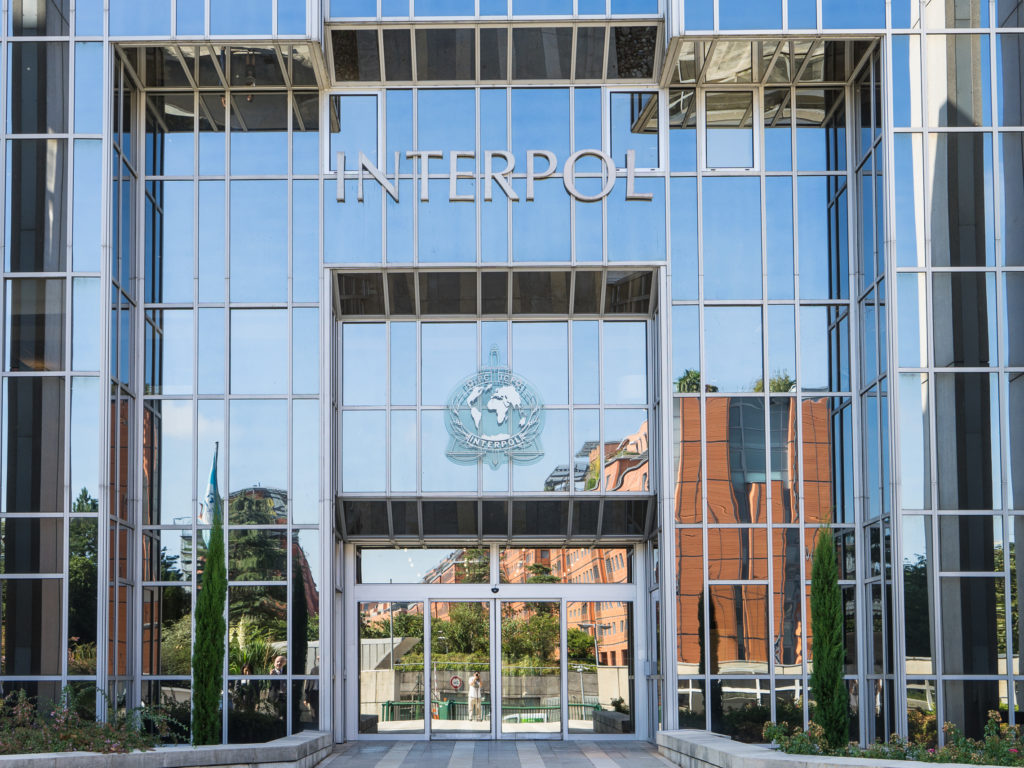
On November 16, 2021, Fair Trials, the Syrian Center for Media, and Freedom of Expression, alongside nineteen other organisations sent an open letter to INTERPOL’s Secretary General Jurgen Stock, raising concern about the reinstatement of Syria’s access to INTERPOL’s information and communications network, which allows Member States to send and receive messages with other Member States.
The decision to lift restrictions was taken by INTERPOL in October 2021 (covered by P&P here) and was initially imposed following Syrian requests for the arrest and extradition of political dissidents, thought to be connected to Syria’s ongoing internal military conflict. In its comments at the time, INTERPOL reiterated that although corrective measures had been lifted, the organisation continued to maintain full control of the data on its systems and devices and retained discretion as to which National Contact Bureau’s (‘NCB’s’) could access this information; the consequence of which meant Damascus NCB would only be able to access information which had not been restricted.
Despite INTERPOL’s assurances, the open letter’s appeal was specific in its request that Red Notices, which seek the location and arrest of a person with a view to his/her extradition, issued by Syria, be given ‘special scrutiny’, although the precise nature of that scrutiny was not specified. The letter also urged for a show of resilience by INTERPOL, ‘further clarifications as to its processes’, and a demonstration that the organisation’s systems and governance could withstand attempts, in particular, to undermine the safety of refugees in Europe.
The appeal for greater scrutiny and oversight of Syria’s Red-Notice requests has coincided with INTERPOL’s General Assembly (‘GA’), 20th-25th of November 2021, an annual event in which Member State representatives discuss working methods, programme activities and general cooperation, in addition to voting on major decisions affecting general policy and resource management. Attention has been drawn to the GA, due in part to INTERPOL’s upcoming presidential elections. In 2018, current President Kim Jong-yang was selected over Alexander Prokopchuk, who, in his role as Russia’s NCB chief, was accused of abusing INTERPOL’s Red Notice system to target critics of the Russian State.
In this most recent round of elections, there has been considerable concern and criticism of the United Arab Emirates (‘UAE’) nominee, Ahmed Naser Al-Raisi, an Emirati military General, and the general inspector of the United Arab Emirates (‘UAE’) Interior Ministry. In October 2020, Human Rights Watch joined other rights organisations in delivering an open letter to INTERPOL expressing concern over his potential election on account of UAE’s reported human rights record.
The role of INTERPOL’s president, the holder of which, unlike INTERPOL’s Secretary General, retains a full-time post within their national authority, is to ensure that the activities of the organisation are in conformity with the decisions of the General Assembly and the Executive Committee. The successful nominee will take up their role on 11th March 2022, following a two-thirds majority vote, which equates to 128 of 194 Member States, as set out in INTERPOL’s constitution, Article 16.
Tags: INTERPOL Categories: Russia, South Korea, Syria, United Arab Emirates



Recent Comments